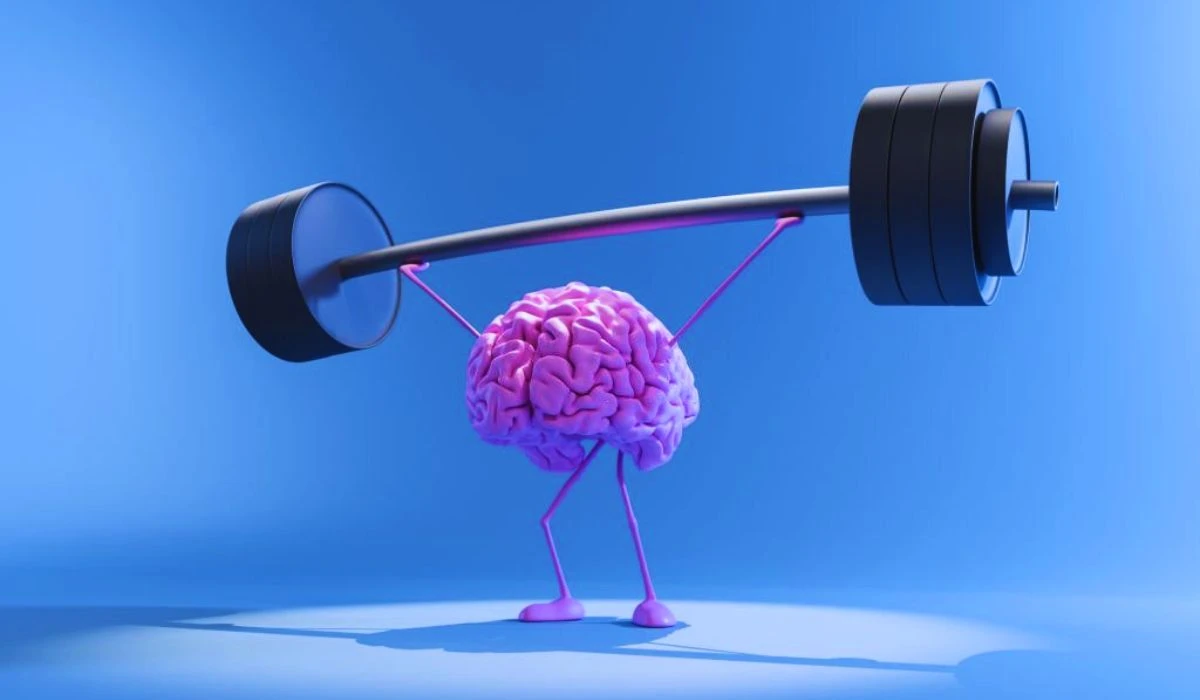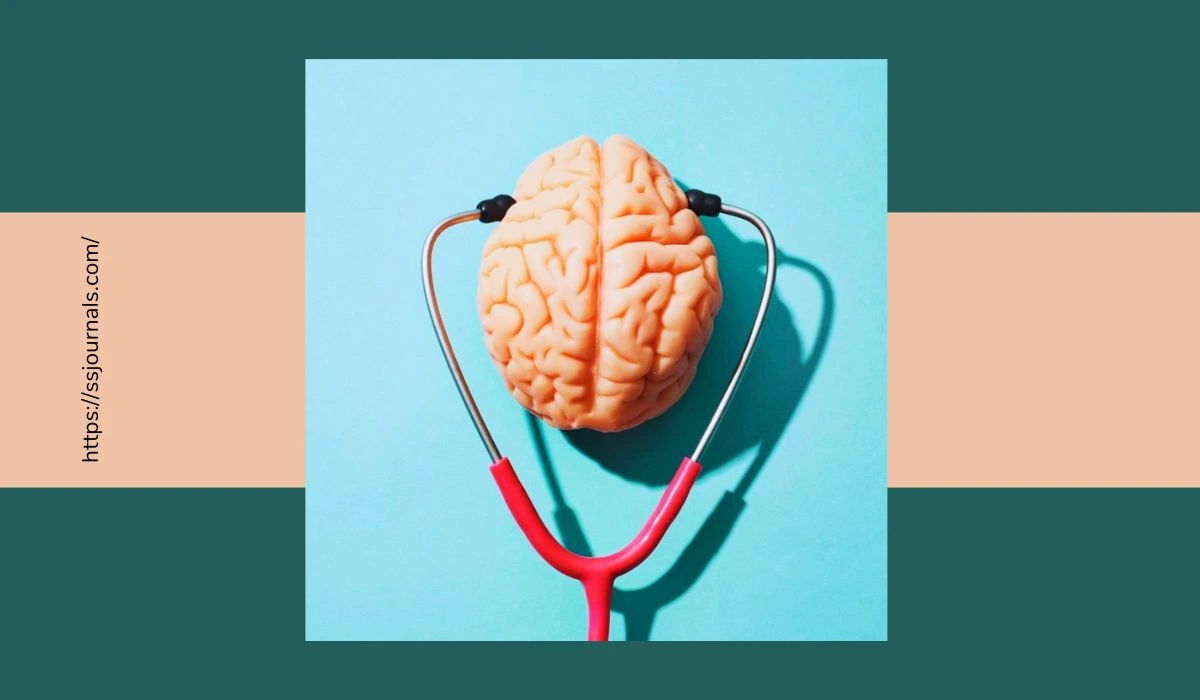The brain is a crucial organ. In our hectic world, with stress and mental fatigue common, natural ways to help the brain are needed. One way is herbs. Herbs have been used in traditional medicine for centuries to improve memory and cognitive abilities. In this article, we are going to explore the best herbs for brain health and how they can help our mental well-being.
Best Herbs For Brain Health
For centuries, various herbs have been revered for their potential to improve brain health and cognitive functions.

Here are five notable herbs known to support optimal brain function:
💠 Ginkgo Biloba: Recognized for its antioxidant properties, Ginkgo Biloba has been used to enhance memory and concentration.
💠 Bacopa Monnieri: Commonly used in Ayurvedic medicine, Bacopa Monnieri may improve memory retention and reduce anxiety.
💠 Turmeric: Curcumin, the active compound in turmeric, has been found to have anti-inflammatory and antioxidant effects, potentially benefiting brain health.
💠 Rosemary: Known for its aromatic scent, Rosemary has been associated with enhanced memory and increased alertness.
💠 Sage: Sage contains compounds that may improve memory and cognitive performance, making it a popular herb for brain health.
Benefits Of Each Herb
Herbs have been used for centuries to promote brain health and enhance cognitive function. Each herb has its own unique benefits that can support brain health in different ways. Here are the benefits of some commonly used herbs for brain health:
☘️ Ginkgo Biloba Benefits
This remarkable herb has lots of health benefits, here are 5 key ones:
- Enhances Cognitive Function: Ginkgo Biloba boosts memory and cognitive performance. It is great for people dealing with age-related cognitive decline or seeking more mental clarity.
- Supports Eye Health: It contains powerful antioxidants that defend the retina and lower the risk of age-related macular degeneration.
- Improves Blood Circulation: Ginkgo Biloba dilates blood vessels and enhances blood flow throughout the body. This has positive effects on cardiovascular health, sexual function, and symptoms of peripheral arterial disease.
- Reduces Anxiety and Depression: Ginkgo Biloba may have anti-anxiety and antidepressant properties, helping people manage mood disorders better.
- Anti-inflammatory Effects: The herb has anti-inflammatory properties, which can help reduce inflammation in the body. This can be beneficial for conditions like asthma, arthritis, and other inflammatory diseases.
☘️ Rosemary Benefits
Rosemary boosts memory and cognitive skills – great for students and aging brains! It can also reduce inflammation, aid digestion, strengthen hair follicles, and even protect against certain cancer types.
Plus, it supports heart health with its antioxidants and is known to ease muscle pain and improve circulation. Pregnant women should check with a healthcare provider before consuming large amounts of rosemary, as it can act as a labor stimulant. Finally, studies show that rosemary extract has antimicrobial activity against several pathogens, bacteria, and fungi.
☘️ Bacopa Monnieri Benefits
Bacopa Monnieri, a powerful herb with several advantages, has been used for centuries in traditional medicine. Its benefits are incredible and can contribute to overall well-being.
- Memory Boost: This herb is known for its capacity to enhance memory and cognitive function. Research suggests that consuming it regularly may improve learning and help retain info better.
- Reduced Stress: With its adaptogenic properties, Bacopa Monnieri helps the body deal with stress. It has a calming effect on the mind and reduces anxiety.
- Brain Health: This herb also offers neuroprotective properties, protecting brain cells from damage due to oxidative stress. It may prevent age-related cognitive decline.
In addition, Bacopa Monnieri is packed with anti-inflammatory and antioxidant compounds. These properties can reduce inflammation in the body, supporting physical health.
☘️ Turmeric Benefits
Turmeric is renowned for its brilliant yellow color and unique flavor, plus it offers a wealth of benefits for our health and well-being. Let’s take a closer look at the amazing advantages this powerful herb has to offer!
- Turmeric contains curcumin, a compound known for its powerful anti-inflammatory properties. It can help relieve the symptoms of chronic inflammation, such as arthritis.
- Studies suggest that turmeric may help reduce the risk of chronic illnesses like heart disease, due to its potential to improve heart health.
- The antioxidant properties of turmeric can protect our cells from damage caused by free radicals, potentially reducing the risk of some cancers.
- Turmeric has been used in traditional Ayurvedic medicine for digestive issues. Taking it may assist in reducing the symptoms of indigestion and promoting optimal gut health.
- Research shows that curcumin, found in turmeric, may have neuroprotective properties, which could benefit brain health and reduce the risk of brain degeneration and neurological disorders.
☘️ Ginseng Benefits
Ginseng is a highly sought-after herb. Its many advantages range from energizing to improving cognitive function & reducing stress! Here are some key benefits:
- It helps fight fatigue & boosts stamina.
- Regularly consuming Ginseng enhances memory & focus.
- It promotes relaxation & reduces anxiety.
- It strengthens immunity & fights off illnesses.
- It boosts physical endurance for active lifestyles.
How To Incorporate Herbs Into Your Diet?
Herbs can be a great way to improve brain health. They can help enhance cognitive function and increase memory retention.

Here are 3 things to think about when adding herbs to your routine:
✅ Experiment: Try rosemary, sage, and turmeric. Mix and match flavors and aromas to find what you like.
✅ Use in cooking: Put herbs in sauces, marinades, and dressings. Or sprinkle them over roasted veggies.
✅ Herbal teas: Have ginkgo biloba or chamomile teas for a calming effect.
Be aware that some herbs can interact with meds, so ask your healthcare provider how to use them best.
Precautions And Potential Side Effects
Herbs and medications can interact, so consult a healthcare professional first. Pregnant and breastfeeding women should be extra cautious as effects on fetal development and lactation aren’t well studied. Allergic reactions may happen, especially to those with plant allergies.
Too much could upset your stomach or cause diarrhea. Long-term use could have unknown effects on organs. Monitor and check regularly for potential concerns.
Also, the potency and efficacy of herbs depend on multiple factors. Get info from reliable sources and use caution when experimenting. When using herbs for brain health, start small and gradually increase while monitoring the body’s response. Keeping a journal of symptoms and changes can help track effects over time.

